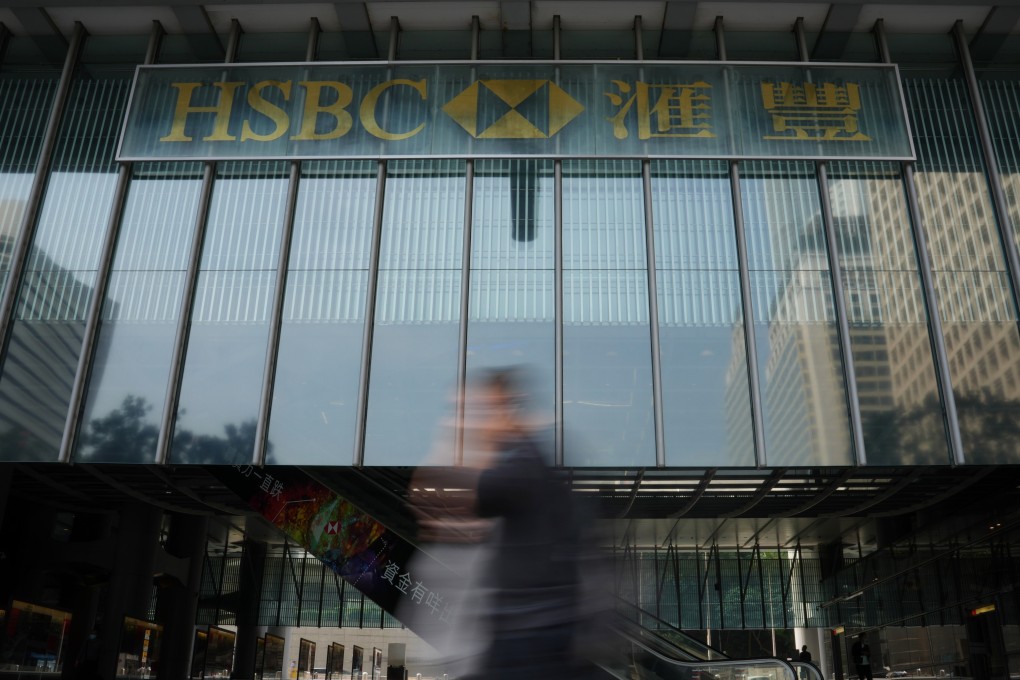HSBC has lured ‘billions of deposits’ from global tech startups since its £1 deal for Silicon Valley Bank unit, CEO says
- The £1 deal for a £1.4 billion (US$1.7 billion) business offers a lot of comfort margin for any contingency in asset quality, CEO Quinn says in Hong Kong interview
- ‘We now have given a very clear signal that we are a bank that wants to be heavily involved in the tech in the innovation sector,’ he says

HSBC, Europe’s biggest lender by assets, has attracted “billions” of deposits since swooping in to buy the UK unit of Silicon Valley Bank (SVB) for £1 (US$1.23) earlier this month and helping restore confidence among global technology start-ups, CEO Noel Quinn said.
“We’ve had significant inflows in the US from SVB’s US clients and investors, and by significant, I mean billions,” he said in a group media briefing on Thursday in Hong Kong. The clients that had had their money in the US and around the world are starting to move their money to us.”
As a result, Quinn said the wider HSBC group is also enjoying an influx of deposits in the UK and across Asia, including Hong Kong and mainland China, since sealing the SVB purchase on March 13 after a weekend of talks with the Bank of England.
“They like the fact that we are stable, with strong capital and liquidity.”
The acquisition came days after US regulators seized SVB to stem a banking crisis from spreading after the California-based lender collapsed under a classic run on deposits following big losses on its investment portfolio.
Quinn said the UK unit offers a strategic fit by enhancing HSBC’s ability to serve innovative and fast-growing companies in the technology and life-science sectors.
